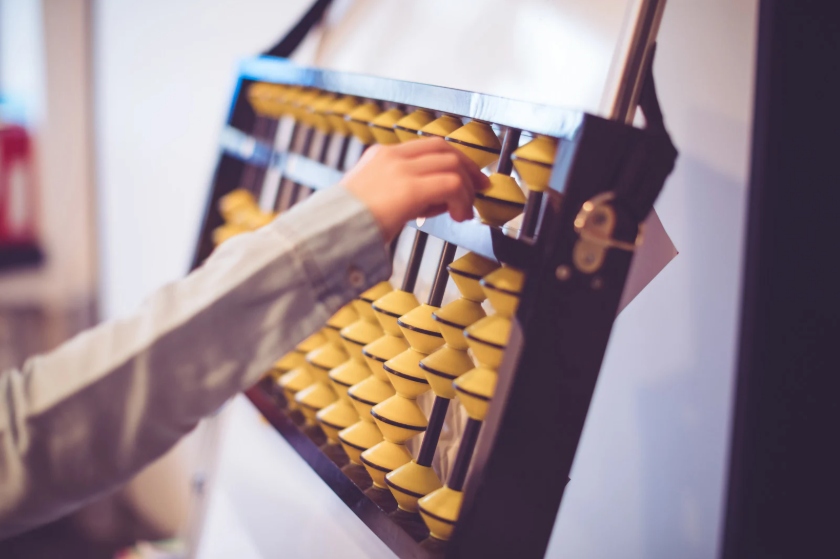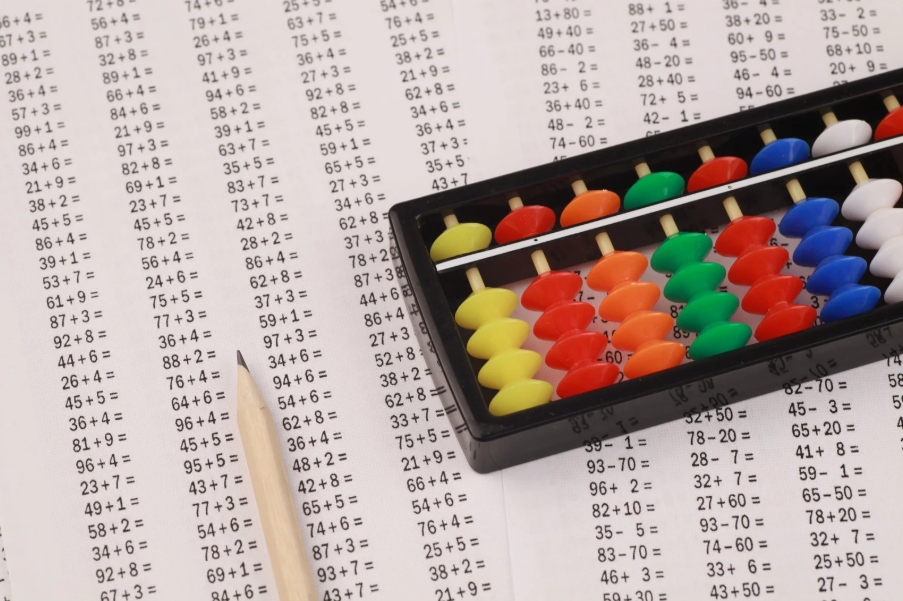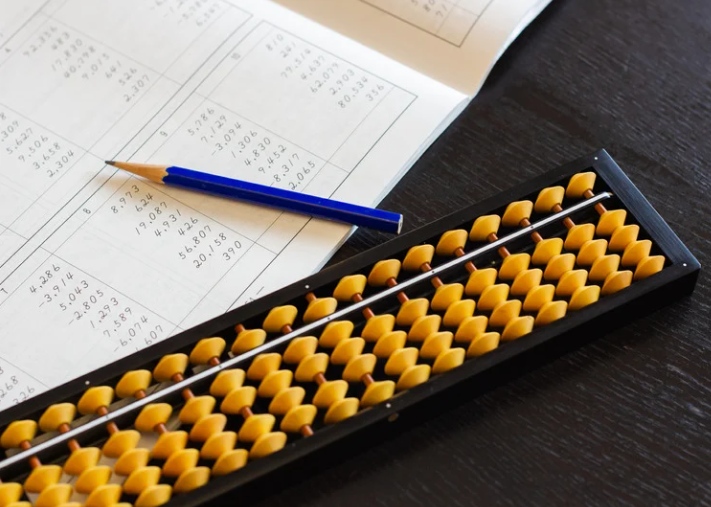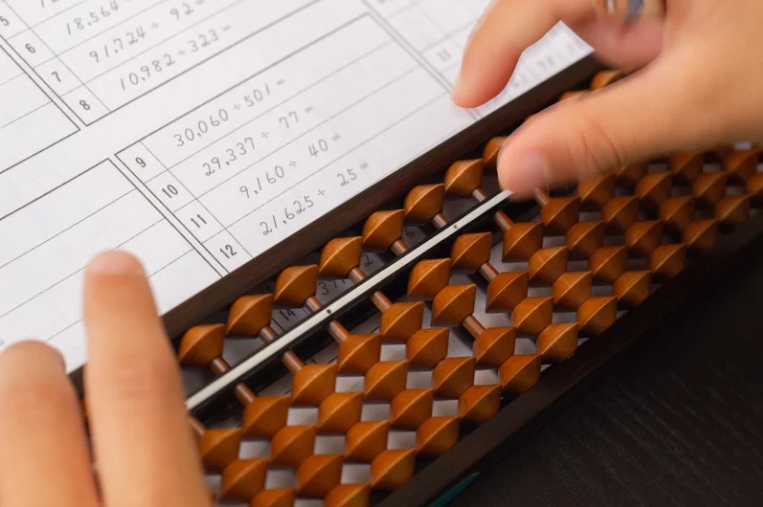6 Fun Ways Abacus Lessons Make Maths Enjoyable for Kids

For many children, the thought of doing maths can feel a little intimidating. But what if learning numbers could be as exciting as playing a game? That’s exactly what abacus lessons offer – a fun, interactive, and effective way to help kids develop a strong foundation in arithmetic mental math.
From colourful beads to playful competitions, here are six ways abacus learning classes make maths something your child will actually look forward to.
1. Hands-On Learning with Beads

Forget boring worksheets and abstract numbers. The abacus is a tangible tool that kids can touch, slide, and manipulate. This hands-on approach is perfect for kinesthetic learners who learn best by doing.
Instead of just looking at the number “5” on a page, they can physically move five beads, creating a concrete connection between the number and its quantity. This makes learning basic arithmetic skills, such as addition and subtraction, much more intuitive and engaging.
2. Visualising Numbers and Movements

As children become more proficient with the abacus, they learn to visualise the beads in their minds. This mental image of the abacus is the foundation of arithmetic mental math. They can “see” the beads moving in their heads to solve problems, transforming a tedious calculation into a vibrant mental exercise.
This not only makes math faster but also helps them develop incredible concentration and memory skills. It’s like having a superpower, being able to solve complex math problems without a pen or paper.
3. Using Games and Group Activities

Abacus lessons are not always about solo practice. Many abacus learning classes incorporate games and group activities to reinforce concepts in a fun, competitive, and collaborative way.
Children might race against each other to solve problems or work together to tackle a bigger challenge. These activities make learning social and exciting, fostering a sense of camaraderie and healthy competition that motivates them to improve.
4. Solving Maths in a Play-Based Environment

The structure of an abacus class often feels more like a game than a classroom. Instructors create a play-based environment where mistakes are seen as learning opportunities, not failures.
This low-pressure setting allows kids to experiment with numbers and strategies without fear of judgment. When learning feels like playing, children are naturally more curious and willing to take risks, which accelerates their understanding and love for math.
5. Earning Rewards and Recognition

Everyone loves to be recognised for their hard work, and kids are no exception. In abacus learning classes, students are often rewarded for their progress, whether it’s through stickers, small prizes, or public praise for mastering a new skill.
This positive reinforcement encourages them to keep practicing and pushing their limits. The feeling of accomplishment that comes from solving a difficult arithmetic mental math problem is a powerful motivator.
6. Applying Maths in Real-Life Scenarios

Abacus lessons connect mathematical concepts to the real world. Instructors often use real-life scenarios like calculating the cost of groceries or splitting a bill with friends to demonstrate the practical application of their skills.
When kids see how arithmetic mental math can help them in their daily lives, they become more invested in learning. This real-world relevance makes math feel useful and important, not just an abstract subject in school.
Making Math Fun and Engaging

Abacus lessons offer a dynamic and enjoyable alternative to traditional math instruction. By combining hands-on learning, visualisation, and games, they transform math from a dreaded subject into a fun and engaging activity.
This approach builds a strong foundation in arithmetic mental math, boosting a child’s confidence and creating a lifelong love for learning.
UCMAS Abacus Programmes for Every Child
UCMAS offers a structured learning path to help children grow from beginners to mental math masters:
- Foundation Module (4–9 years) – Learn the basics of the physical and visual abacus while building fine motor, visual, and auditory skills.
- Construction Module (All ages) – Strengthen arithmetic speed, focus, and memory while stimulating both sides of the brain.
- Advanced Module (All ages) – Master high-speed mental math, boost confidence, and enhance multi-tasking abilities.
- Pre-school Curriculum / Enrichment Partnerships – An enrichment program that uses hands-on, interactive learning to build strong foundations in concentration, memory, and problem-solving.
- Holiday Camp Programmes – Short, customisable trial programmes (3–5 days, around 2 hours each) to let children experience the UCMAS method in a fun, energetic setting perfect for building interest before a full rollout.
With each level, children gain sharper arithmetic mental math skills and a lifelong love for numbers.
Ready to Begin Your Child’s UCMAS Journey?
Give your child the lifelong advantage of sharper focus, stronger memory, and faster mental calculation with UCMAS abacus classes.
We use a globally recognised system of mental arithmetic training designed to build confidence and cognitive ability in young learners.
